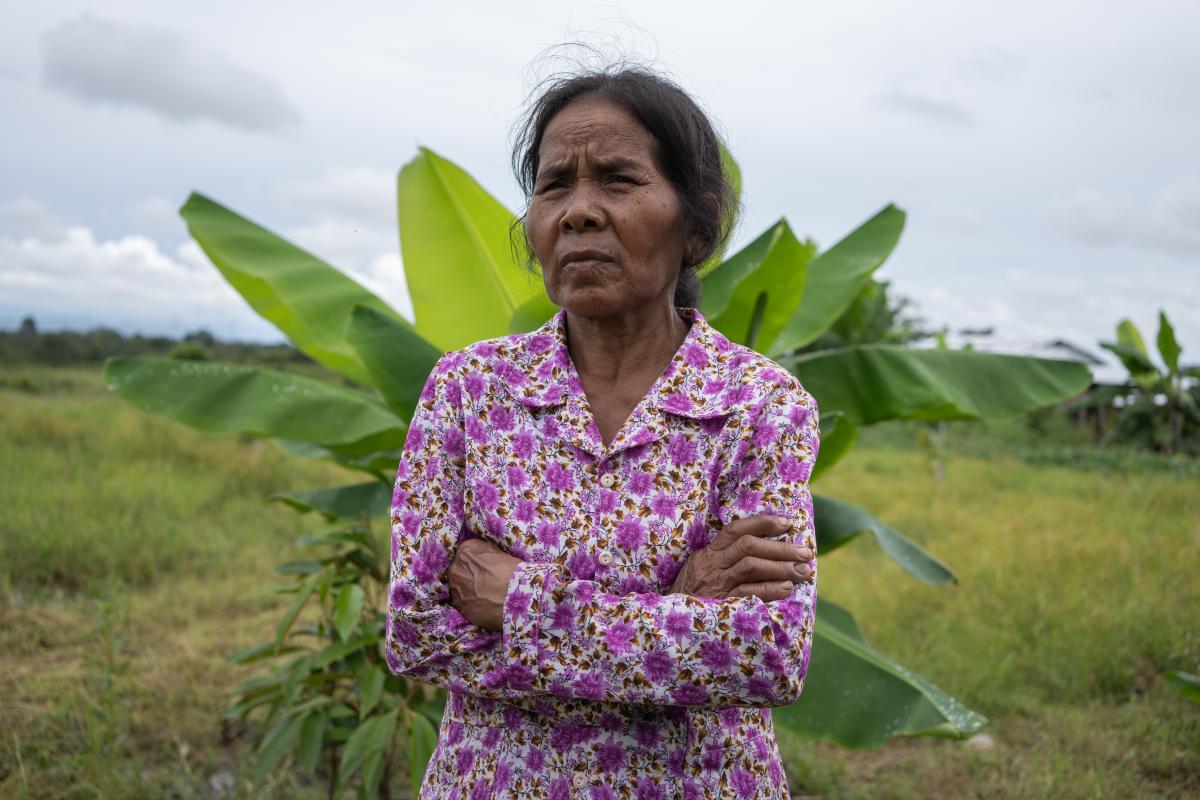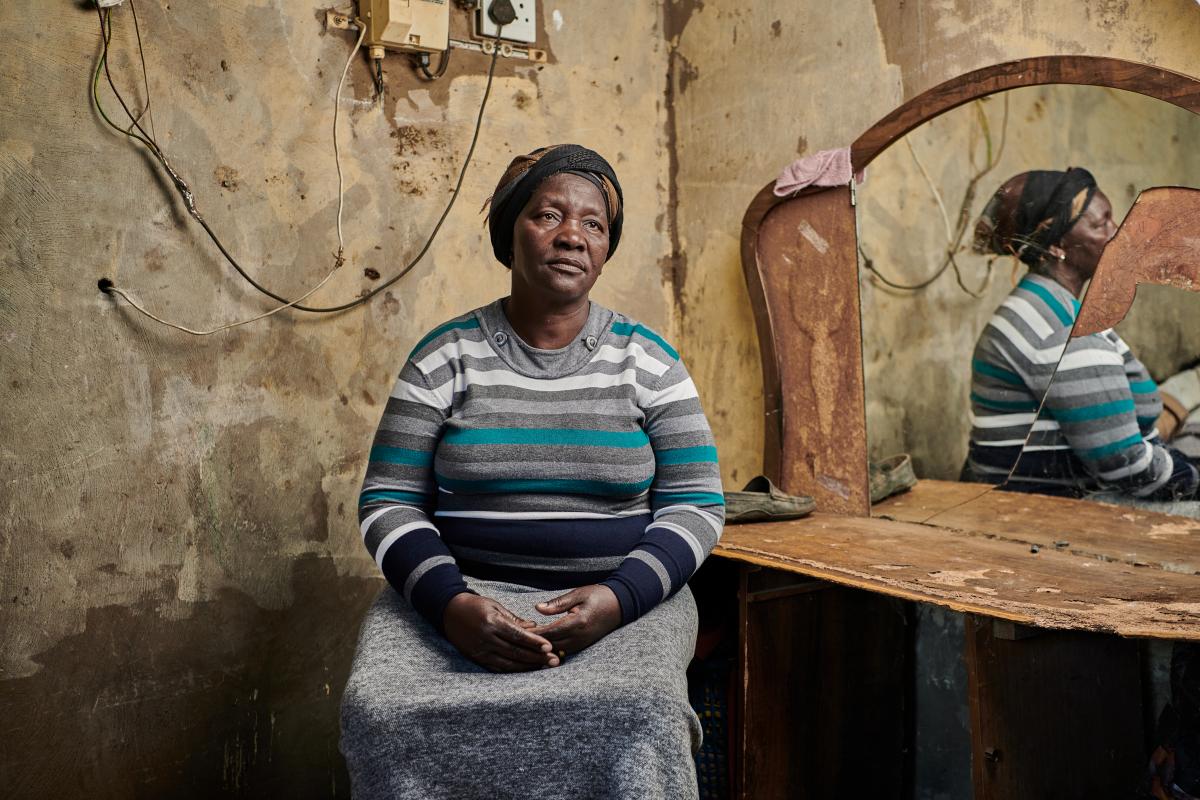Comment: Mining and logging were the deadliest sectors for activists seeking to protect their land and our planet in 2020, says Jago Wadley of Global Witness
Since 2012, Global Witness has been gathering data on killings of land and environmental defenders. In that time, a grim picture has come into focus: as the climate crisis intensifies, violence against those protecting our planet is increasing. Our latest annual report, covering 2020 and published this week, reports the highest-ever number of land and environmental activists murdered for the second consecutive year, with 227 people killed in 2020 for defending their land and our planet.
Global Witness believes that our dataset is almost certainly an underestimate. Nonetheless, we have documented a consecutive rise in the number of killings globally since 2018, rising to well over 200 defenders murdered in 2019 and 2020 – more than double the numbers we recorded in 2013. Unfortunately, without significant change this situation is only likely to get worse – as more land is grabbed, more forests felled, and more resources extracted in the interest of short-term profits.
Oscar Eyraud Adams was murdered last year for protesting water scarcity in his community
The violence against land and environmental defenders is concentrated overwhelmingly in countries in the Global South, where all but one of the killings occurred in 2020. In the period since Global Witness began collecting data, fewer than 1% of all recorded lethal attacks were documented in the Global North. This mirrors the overwhelming responsibility that the Global North bears for the climate crisis: as of 2015, those rich countries bore responsibility for 92% of “excess global carbon dioxide emissions”, according to recent research.
This disparity also cuts across demographics as well as geography. Since 2015, more than a third of recorded fatal attacks have targeted indigenous people, even though indigenous communities make up only 5% of the world’s population.

Defenders like Oscar Eyraud, an indigenous Kumiai activist from Baja California who was murdered last year for protesting water scarcity in his community, are among those most at risk.
Óscar Eyraud was murdered on September 24, 2020. According to witnesses, a group of people arrived at his house in two vans with tinted windows and shot the activist. Oscar’s brother-in-law, Daniel Sotelo, was murdered two days later.
Óscar was very vocal on the injustices faced by indigenous communities in Baja California. Just a month earlier he had complained about their lack of access to water, telling a local newspaper that “we [the indigenous community] would like to be considered before large water-consuming companies”.
Like most inequities, Covid 19 has made matters worse. Marginalised communities, including indigenous peoples, are particularly exposed to the health and economic effects of the pandemic. Repressive governments are using Covid 19 as an opportunity to clamp down on civil society and a free press, leaving companies free to push ahead with destructive projects.
In Honduras, the Guapinol community have faced repeated criminalisation from authorities after protesting a mine they say is polluting their river, with many peaceful protestors still in jail.
In their pursuit of profit, companies and financial institutions have failed to respect communities and defenders
Our 2020 report again shows that many threats and attacks against land and environmental defenders occur after communities voice their concerns about companies and projects affecting their rights, including to their land, with mining and logging the most violent industries.
In South Africa, Fikile Ntshangase was murdered by unknown assailants after years opposing the expansion of a coal mine. Sadly, there are many, many examples of barbaric violence, which seems intended to silence.
Decades of research by human rights organisations document how in their pursuit of profit, companies and financial institutions have failed to respect communities and defenders impacted by their value and investment chains. Worse still, some global companies have been known to dupe well-meaning and conscientious consumers with misleading sustainability brochures, neglecting to mention corporate human rights abuses linked to their global operations.
Thankfully, we know there are solutions. When the state steps in to ensure the protection of land and environmental defenders’ human and environmental rights, change is possible. There is a correlation between civic space and attacks against defenders: the most open and tolerant societies see very few attacks, whereas in restricted societies, attacks are much more frequent.

But governments need to go further than just protecting civil society. Companies hold vast amounts of power and have been all too happy to outsource the polluting, violent parts of their operations to faraway countries where they are less likely to be held accountable. To turn the tide on the climate crisis and protect human rights we must introduce robust and enforceable regulation that holds offending companies to account for their global operations
There are signs of progress in a number of jurisdictions – none more promising than in the EU, where the European Commission has committed to introducing legislation to regulate corporate supply chains and hold companies liable for abuses. Yet even there, the business lobby is predictably fighting back hard, resisting any restriction on their profitmaking.
Politicians everywhere, not just in Europe, need to show leadership by ending the voluntary regimes we’ve relied on for decades and by setting bold new rules for business that put people and planet first.
Defenders are our last line of defence against climate breakdown, and we can take heart from the fact that even after decades of violence, people continue to stand up for their land, for our planet. In every story of defiance against corporate land grabbing, against deadly pollution and against environmental disaster, is hope that we can turn the tide on this crisis and learn to live in harmony with the natural world. Until we do, the violence will continue.
Jago Wadley is team lead of the land and environmental defenders campaign at Global Witness.
Global Witness Human rights Indigenous People biodiversity Amazon deforestation

